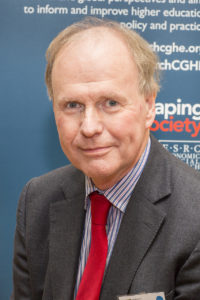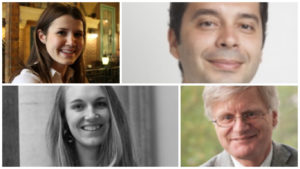‘Free speech’ and ‘political correctness’ by Peter Scott

Once it was the Left that argued for the freest possible speech on campus, and the Right that argued there must be limits and restraint. It was Berkeley radicals who ignited New Left passions with their ‘Free Speech’ movement in the 1960s (Savio 2002). It is their children, and grandchildren, who campaign for colleges and…









